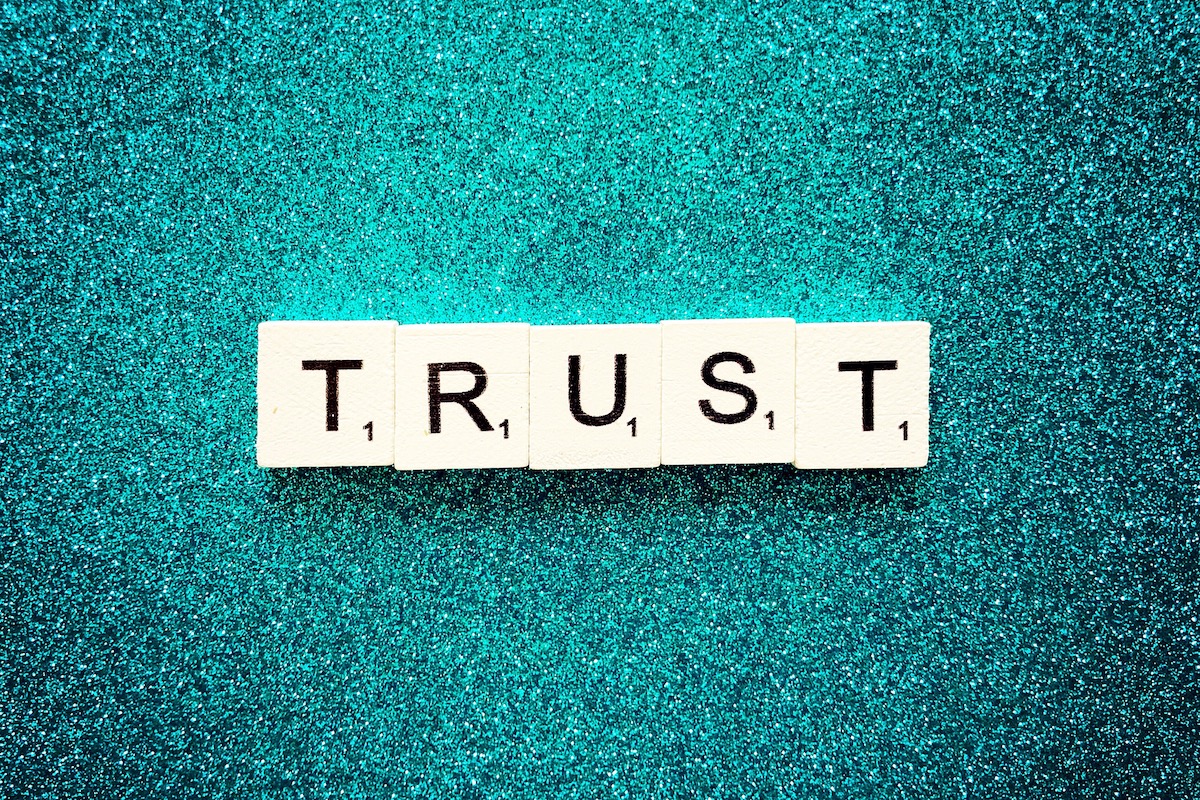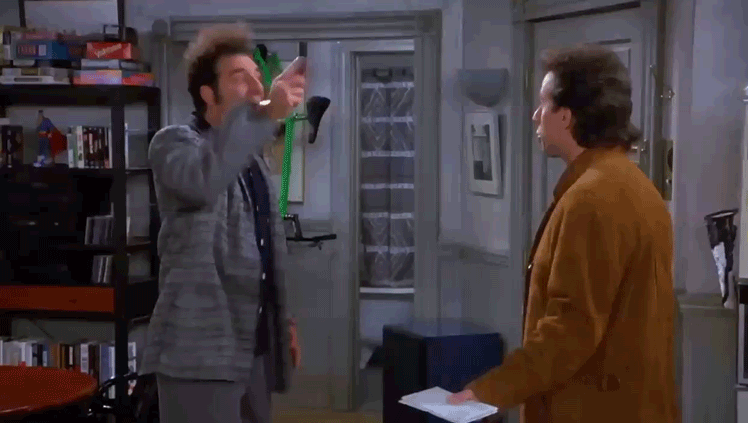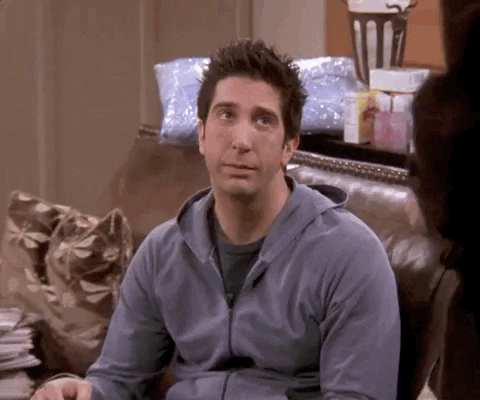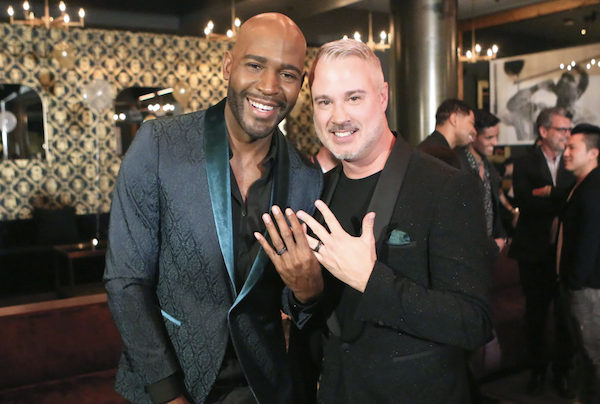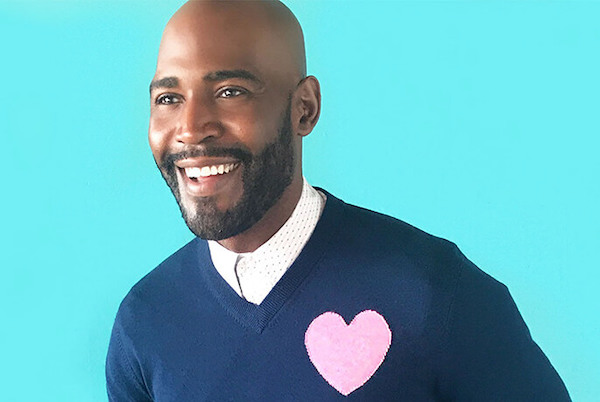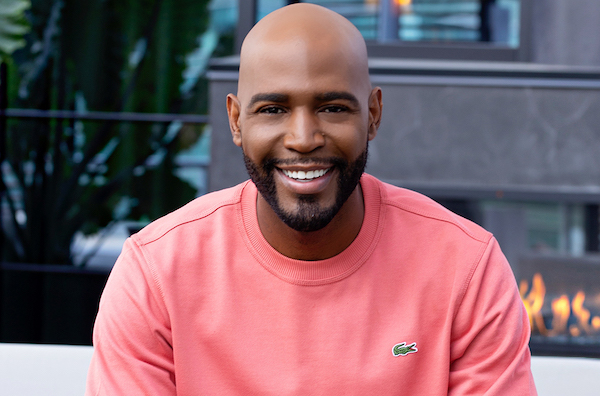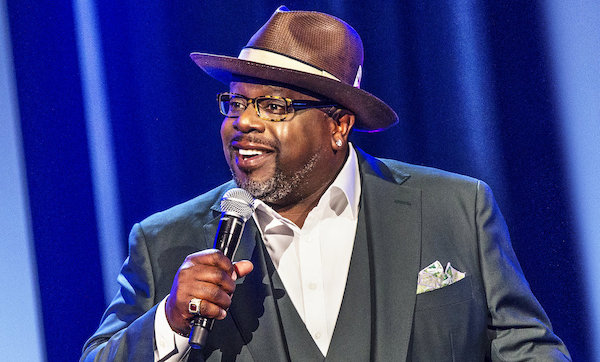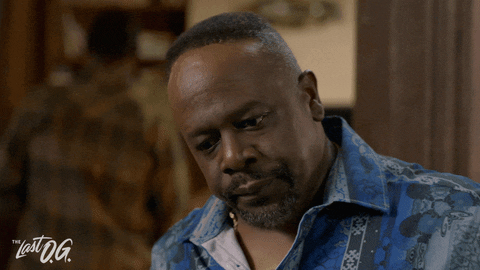As a man, it can be frustrating, even infuriating, to be lumped in with the rest of the “usual suspects” after we do something with perfect intention. But with good reason — men don’t exactly have a lengthy track record for doing kind things, pure of heart. When it comes to motive, people often assume the worst.
So what’s in it for you? they’re thinking, eyes squinted in skepticism.
More often than not, we see men in the media who do good things for the wrong reasons, or at best, doing something helpful to society that somehow leads to personal gain. Brands whose own ads are built purely around showing consumers that they’re the “good guys” so you’ll buy their car instead of the other guy’s. A lot of the times when men do something seemingly pure of ulterior motive, the knee-jerk reaction for anyone is suspicion. Not to be trusted, and rightfully so.
Let’s put the shoe on the other foot. When you see someone, especially a person of privilege, go out of their way to help someone and you can’t find a single attachable reason other than human decency, tell us you’re not thrown for a loop like we are, especially in our social media-driven age of record-first, help-later responses.
So how do we, as men, rid ourselves of this suspicion? Frequency and universality.
Man Enough to Care
By that, we mean tipping the scale from uncommon acts of kindness to regular, recurring activities. Little things like holding the door open for someone — we’ll hold a door for someone 100 yards away, we love it — or bolder acts like going well out of your way, completely unprovoked, to check in on someone, buy someone flowers who just celebrated a major achievement, send meals to a distant friend who just had their first kid, anything for anyone who looks like they can use a hand. Or even a simple “hello” to a perfect stranger passing by.
PREORDER JUSTIN BALDONI’S BOOK “UNDEFINING MY MASCULINITY
By universality, we mean don’t just be of service to beautiful women or people you’re attracted to in hopes you will receive something in return. Do things for people who would never expect anything from you, as well. You see an elderly woman carrying her groceries, offer to help. You see a guy stranded on the side of the road, offer directions or the number to AAA. Become the universal friend, someone who is ready, willing and nonjudgmental for everyone they see.
Do it often, give to everyone and suddenly the trust wall begins to build, suspicious brows are lowered and we become a community that heals itself. After the year we’ve had, being of service should be something we jump into oncoming traffic to have the chance to do (don’t jump into oncoming traffic).
Leading By Example
Acts of kindness are the biggest dopamine hit, so even if you truly are being pure of motive, there’s always going to be a major plus in it. The point is to get to a place where kindness is second nature and worrying about motive falls into the rearview. By providing a good example to our sons and daughters, we free our boys of the scripts that say things like motive has to be tied to kindness, allowing them to be trustworthy. And we protect our daughters in the process, allowing them to trust more.
To see them pass that on to someone else later, well, that’s a thing of beauty. That’s the ultimate act of kindness, something that continues on and on, down through generations.
In the past, I’ve told the story about how I once saw a homeless man trying to get his cart of belongings up a curb, only to watch it tumble over. All I could do was watch, sitting there motionless with my morning coffee like an absolute pud. Historically — OK, once — reaching out to help the homeless with their belongings hasn’t fared well for me so I just continued to stare while a man, younger than me, went out of his way to help. I was so embarrassed by myself and yet proud of the young man for embarrassing me.
Ever since seeing that act of kindness, there is no hesitation from me. It’s worth it to put yourself out there for others.
Now, if your knee-jerk reaction to that is “so what,” then we both have work to do. We should all be willing to make the mistake of trying too hard to help, as opposed to not trying enough.
The Challenge
So what will you do this week to be pure of motive and completely trustworthy in the service of others? Look up from the phone and be observant to the world around you. There’s people in need everywhere you look and in so many ways. As we begin to move towards public life again, see where your helping hand, open ear or shoulder to lean on can be useful to others in need.
So what’ll it be, are you man enough to be trusted?
Preorder Justin Baldoni’s debut book, Man Enough: Undefining My Masculinity here.
Join us on Man Enough Facebook and Twitter.
Cover image: Twenty20photos (Envato Elements)
View this post on Instagram
